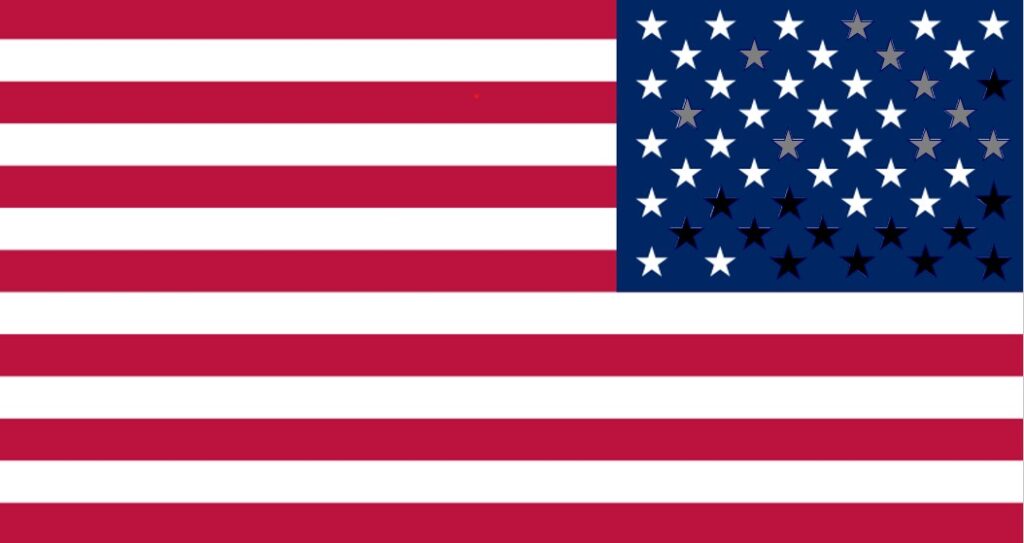The supreme court, of the corporate United states, decides Sanders v. arkansas: while performing a warrantless search of a vehicle, it is UNLAWFUL to search the luggage as well.
[restored 11/22/2022]
The supreme court, of the corporate United states, hands down Smith v. Maryland: United states subject/enemy/citizens have no expectation of privacy when they deal with a commercial entity:
First, we doubt that people in general entertain any actual expectation of privacy in the numbers they dial. All telephone users realize that they must ‘convey’ phone numbers to the telephone company, since it is through telephone company switching equipment that their calls are completed. All subscribers realize, moreover, that the phone company has facilities for making permanent records of the numbers they dial, for they see a list of their long-distance (toll) calls on their monthly bills. In fact, pen registers and similar devices are routinely used by telephone companies ‘for the purposes of checking billing operations, detecting fraud, and preventing violations of law.
Postscript: Nearly 35 years later the National Security Agency would cite this case as a precedent for the wholesale eavesdropping on all electronic communications in the nation. And municipal statute enforcement agencies also cite this case as a justification for seizing consumer records from banks, bookstores, hospitals, Internet service providers, et cetera.
[added 11/22/2022] Thanks to Freedom’s Phoenix for this entry.
Subsequent Events:
Authority:
Article IV of Amendment
ccc-2point0.com/constitution-for-the-united-states
“Law of the Jungle”
ccc-2point0.com/preface
References:
Sanders v. Arkansas – Wikipedia
en.wikipedia.org/wiki/Sanders_v._Arkansas
How a Purse Snatching Led to the Legal Justification for NSA Domestic Spying WIRED
www.wired.com/2013/10/nsa-smith-purse-snatching/


